Filter by
749 results found
-
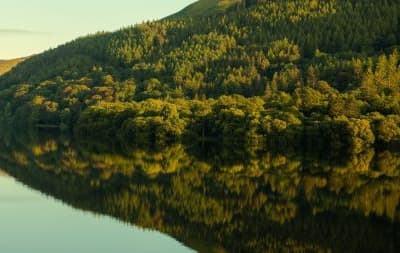
Summary: Global Landscapes Forum Biodiversity Conference on One World – One Health
The Global Landscapes Forum (GLF) hosted a two-day online conference focussing on the relationship between the landscape approach to ecosystem management, and the One Health approach to public health. The resounding conclusion from the event was that human health must not just be an outcome of the landscape approach, but must also be an initial […] -
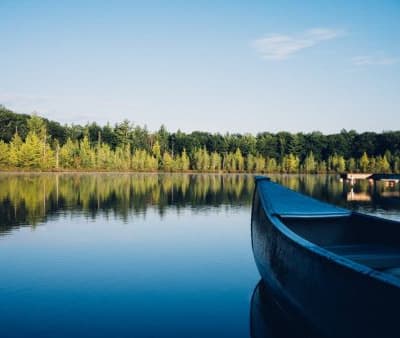
NbSI team present systematic map findings at WWF climate and energy network
NbSI researchers Alexandre Chausson, Beth Turner, and Nicole Chabaneix, presented the findings of the global evidence-mapping assessment on the effectiveness of NbS for climate change adaptation to the WWF climate and energy practice network. After an overview of the overarching findings, the presentation highlighted lessons from the evidence-base on the importance of managing the social-ecological […] -

Launch of NbSI Peru
Nature-based Solutions Peru officially launched in October, with a brand new website. The initiative aims to consolidate evidence on the potential of NbS to address multiple societal challenges in Peru, to scale ambition for NbS in national policy and public-private investment. It also acts as a community of practice for NbS in Peru, to enable […] -
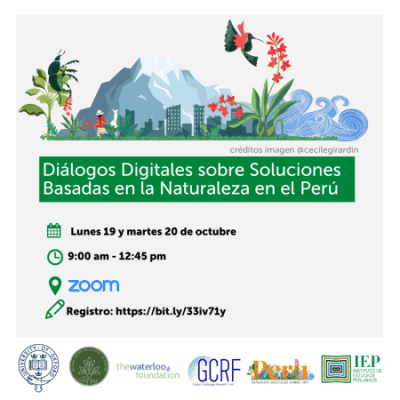
NbS Peru Digital Dialogues summary & recordings
On October 19th and 20th, NbSI Peru hosted the Nature-Based Solutions Peru Digital Dialogues (NbS Peru DD). This two-day event brought together scientists, practitioners, government, private sector and civil society to discuss the trajectory and potential for nature-based solutions (NbS) to address multiple societal challenges in Peru, including their key role in climate change action. […] -
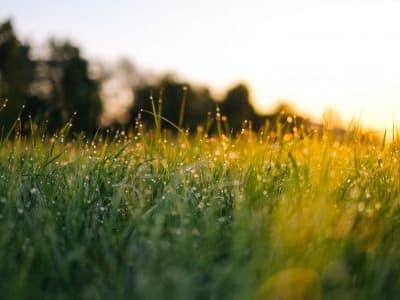
Global priority areas for ecosystem restoration
Strassburg et al. 2020 It is of critical importance that multiple different outcomes of ecosystem restoration are considered when deciding where and how to restore; failure to do so can lead to detrimental trade-offs between outcomes. This study assessed the effects of ecosystem restoration on both biodiversity conservation and carbon sequestration, quantifying how this varies […] -

NbS Peru Digital Dialogues
The NbS Peru Digital Dialogues (Diálogos Digitales sobre Soluciones Basadas en la Naturaleza en el Perú) will take place online on 19-20th October. The event aims to generate dialogue on the potential of nature-based solutions in Peru to address multiple societal challenges, including their role in climate change adaptation and mitigation action. During this event, […] -

UN Biodiversity summit
The United Nations summit on biodiversity was held at the end of September, with the theme: Urgent action on biodiversity for sustainable development. There was a strong emphasis on the relationship between biodiversity, climate change and zoonotic disease. The importance of NbS for climate change and other development priorities was highlighted by many speakers, with […] -
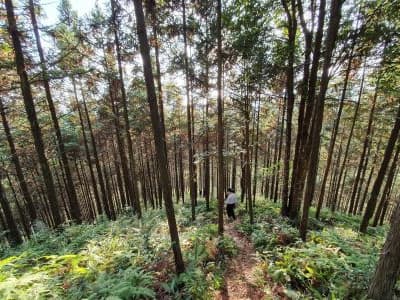
Oxford principles for net zero aligned carbon offsetting
Many companies, governments, cities, regions and financial institutions are making net-zero commitments. To achieve this, in most cases, carbon offsetting is necessary. This comes with risks, such as inappropriate carbon accounting, the release of stored carbon at a later date, and negative impacts on people, biodiversity and ecosystem services. Published today, the Oxford Offsetting Principles […] -

Leaders’ Pledge for Nature
Today sees the launch of the Leaders Pledge for Nature. Endorsed by political leaders from 79 nations across five continents, including from five of the world’s biggest economies, the pledge calls for a global scale-up of ambition to protect biodiversity to help avert the planetary emergency we face. Signatories recognise that biodiversity loss and climate […] -
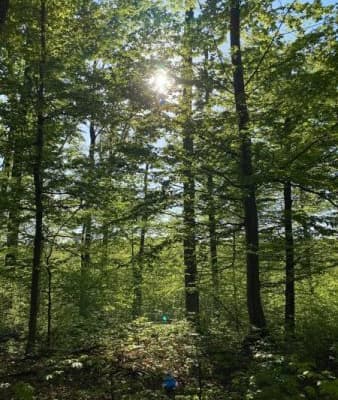
Mapping carbon accumulation potential from global natural forest regrowth
Cook-Patton et al. 2020 Estimating how much carbon is taken up by growing forests, and what the global climate change mitigation potential of reforestation is, has been a topic of much debate for the last few years. This study provides the latest estimate of carbon accumulation over the first 30 years of regrowth of natural […] -

Science Based Targets for Nature (SBTN)
Around 1000 companies have already committed to cutting greenhouse gas emissions in line with the science-based target for emissions. Now the same initiative has launched science-based targets guidance to define how companies can assess, prioritize, measure, address and track their impacts and dependencies on natural ecosystems. The guidance defines interim targets that companies can align […] -

Climate and biodiversity commitments at the United Nations General Assembly (UNGA)
Several significant announcements from governments and corporations were made during the UNGA and the co-occurring Climate Week NYC. For example: China pledged to reach net-zero emissions by 2060, which was later followed by net-zero by 2050 pledges from two more major Asian economies – South Korea and Japan. Amazon and Global Optimism launched The Climate […] -
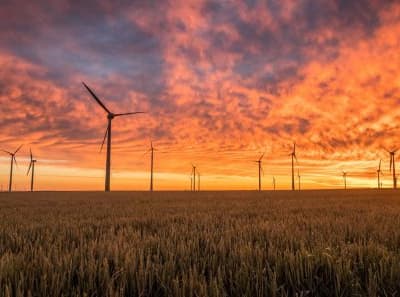
UK climate commitments to kickstart Climate Week NYC
Climate Week NYC is taking place from 21st to 27th September; it’s the biggest climate summit of the year and will focus on how we can address climate change as we recover from COVID-19. Alok Sharma, COP26 President, has made the following announcements to kickstart the week: Race to Zero is a global campaign for […] -

Living Planet Report: bending the curve of biodiversity loss
WWF’s 2020 Living Planet Report publishes updated figures for the Living Planet Index (LPI): the size of around 21,000 mammal, bird, fish, amphibian and reptile populations fell by an average of 68% between 1970 and 2016. The change in LPI varies regionally, with the most striking result being a 94% decline in tropical subregions of […] -
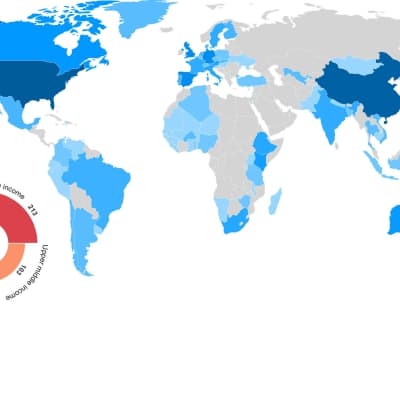
Mapping the evidence of nature-based solutions for climate change adaptation
Our systematic review on the effectiveness of nature-based solutions for climate change adaptation has been published in Global Change Biology. It is the first global systematic review of the effectiveness of nature-based solutions and provides evidence that nature-based solutions play a key role in addressing the impacts of climate change, but also highlights potential trade-offs […] -
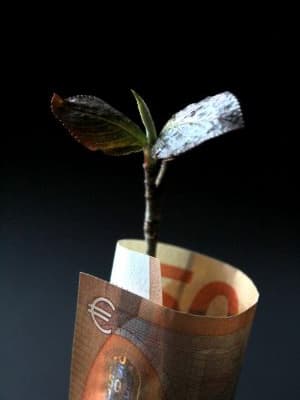
HSBC to asset management venture for natural capital
The UK-based multinational bank, HSBC, is collaborating with a climate change advisory firm to create a venture which will target investments at projects which protect or enhance nature whilst generating profit. Some of these projects will likely qualify as nature-based solutions, such as sustainable forestry and regenerative agriculture. The venture is expecting to raise up […] -

First chapter of Trillion Trees programme launched
Over 20 cities, companies and nonprofits in the US have pledged to collectively plant more than 800 million trees by 2030. This is the first chapter of the World Economic Forum’s Trillion Trees programme to be officially launched. Groups taking part in the new national programme will need to outline detailed plans for how they […] -
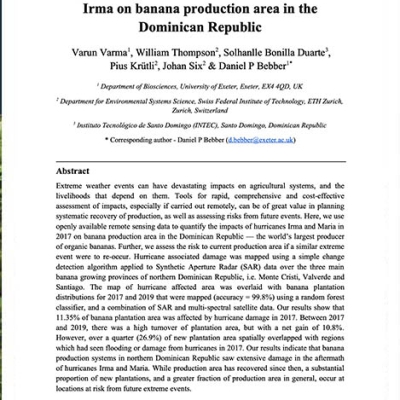
Mapping the impacts of hurricanes Maria and Irma on banana production area in the Dominican Republic
Here, we use openly available remote sensing data to quantify the impacts of hurricanes Irma and Maria in 2017 on banana production area in the Dominican Republic — the world’s largest producer of organic bananas. -
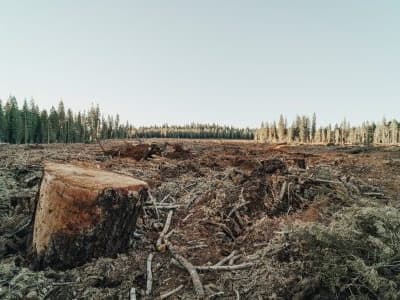
New UK law proposed to protect forests
The UK government has proposed a new law which will force companies above a certain size to ensure that the products they sell have deforestation-free supply chains. Currently, most environmental targets and regulations are restricted to UK territory alone. For example, the net-zero emissions by 2050 target does not include emissions released abroad during the […] -
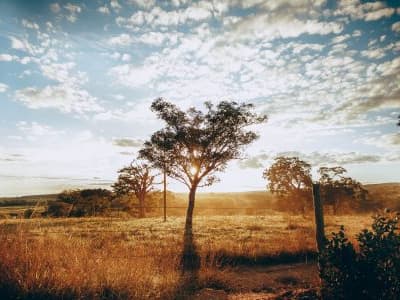
The Cerrado – Brazil’s savanna deserves protection
This article explains how the Cerrado, the world’s most biodiverse savanna, has been neglected in part due to being overshadowed by its charismatic neighbour – the Amazon rainforset. In fact, the Cerrado is invaluable: Its deep soil holds water from the wet season, feeding into eight watersheds which together provide 40% of Brazil’s freshwater It […] -

Brewdog goes ‘carbon negative’ using NbS – what does this mean?
Brewdog has announced that from the 22 August 2020 they will remove twice as much carbon from the air each year than they emit. Currently, the only method for removing carbon from the air at scale is using natural ecosystems. Let’s take a look at what this company is doing: Calculating scope 1, 2 and […] -

Cloud forest & páramo NbS for water security in Colombia
In April this year Colombia experienced 40% lower rainfall than expected, leading to water shortages during the height of the pandemic. As climate change progresses, Colombian water security will be increasingly threatened with knock-on effects for agriculture, health, and hydroelectric power which generates 73% of the country’s electricity. It is clear that steps must be […] -

IUCN examples of NbS providing multiple benefits
IUCN provide short summaries of NbS being successfully integrated on the ground, including: Agroforestry in Rwanda enabling people to send children to school Integration of shrimp farming with mangrove protection and management in Viet Nam Conservation agricultural providing food security in Mozambique Forest landscape restoration in Malawi with information disseminated by a radio programme Stabilisation […] -
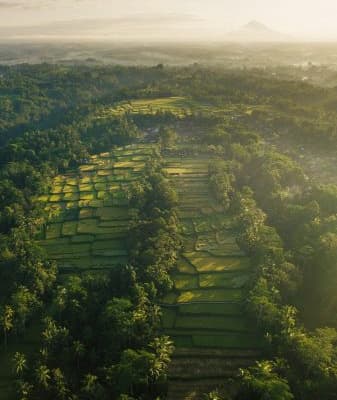
Economic and social constraints on reforestation for climate mitigation in Southeast Asia
Zeng et al. 2020 Reforestation will play an important role in mitigating climate change, but some estimates of reforestation potential lack consideration of social and economic constraints. This paper takes the example of Southeast Asia to estimate the extent to which such constraints reduce total mitigation potential from reforestation. 121 million ha of land were […] -
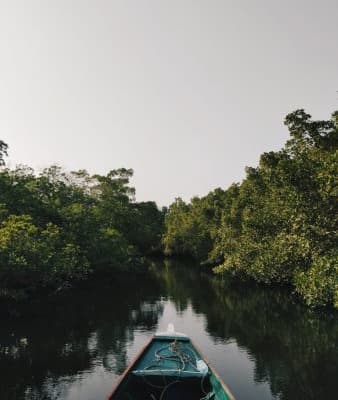
Local People’s Participation in Mangrove Restoration Projects and Impacts on Social Capital and Livelihood: A Case Study in the Philippines
Valenzuela et al. 2020 Participatory management of mangrove restoration projects by local People’s Organisations in two communities in Quezon, Philippines, has been shown to provide substantial benefits for the people involved as well as increasing long-term sustainability of the restoration projects themselves. Members of People’s Organisations increased their social capital by gaining more numerous and […]
